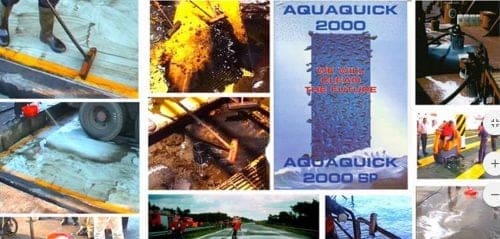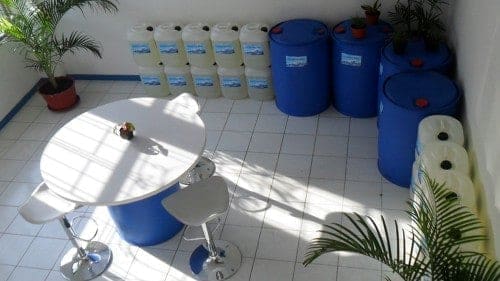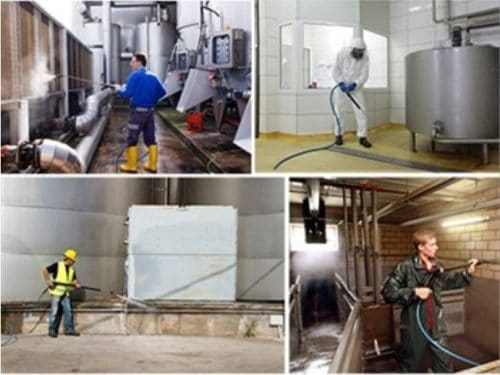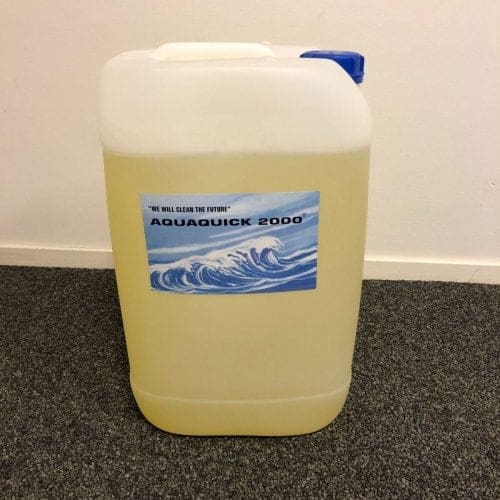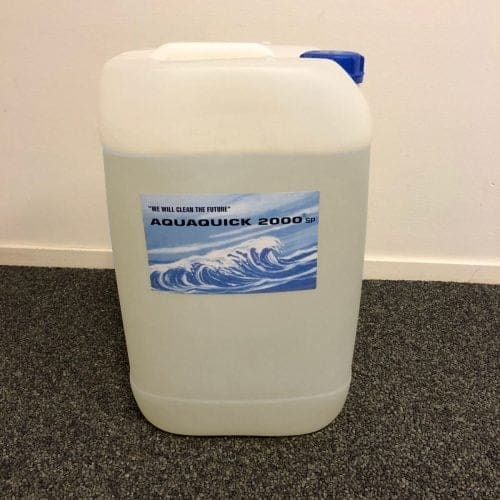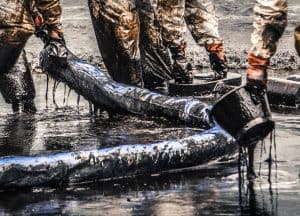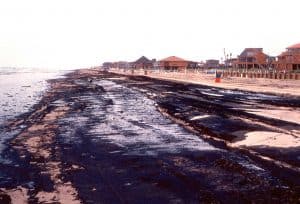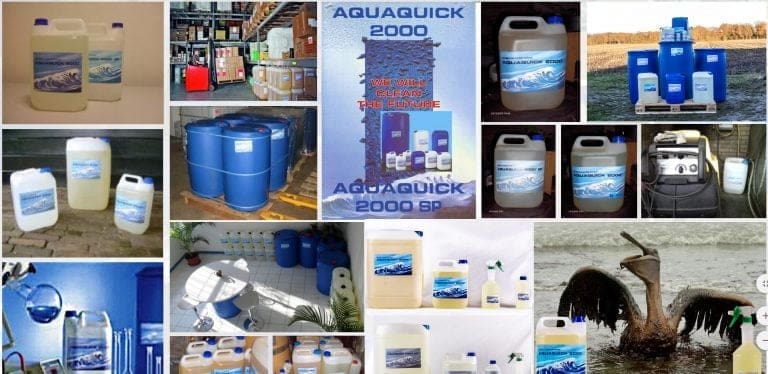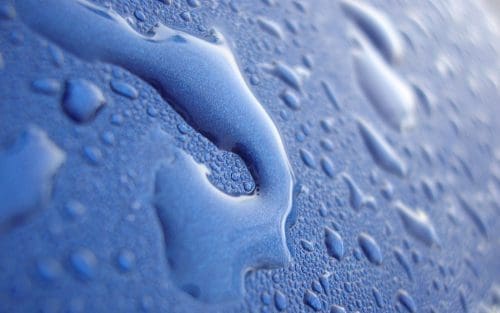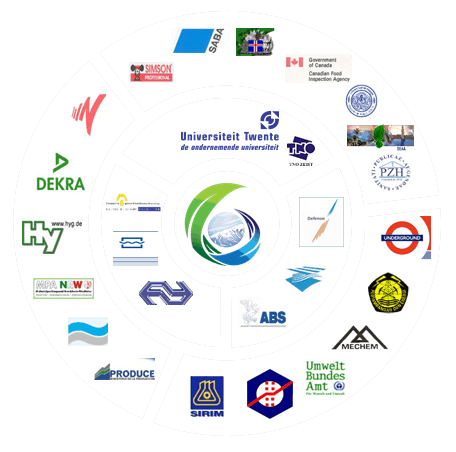Maintaining the health of your vehicle’s fuel system is essential for ensuring optimal performance, longevity, and fuel efficiency. Over time, contaminants like dirt, rust, and sludge can accumulate in your fuel tank, leading to various issues, such as clogged fuel lines, reduced engine performance, and even complete engine failure. One of the most effective ways to prevent these problems is by using a fuel tank cleaner. This article provides an in-depth exploration of fuel tank cleaner solutions, covering everything from what they are and how they work to the best products on the market and how to use them effectively.
What is a Fuel Tank Cleaner?
A fuel tank cleaner is a specialized chemical solution designed to clean and maintain the interior of your vehicle’s fuel tank. These cleaners are formulated to break down and dissolve the various types of contaminants that can accumulate over time. By using a fuel tank cleaner, you can remove these harmful deposits, ensuring that your fuel system remains clean and your engine runs smoothly.
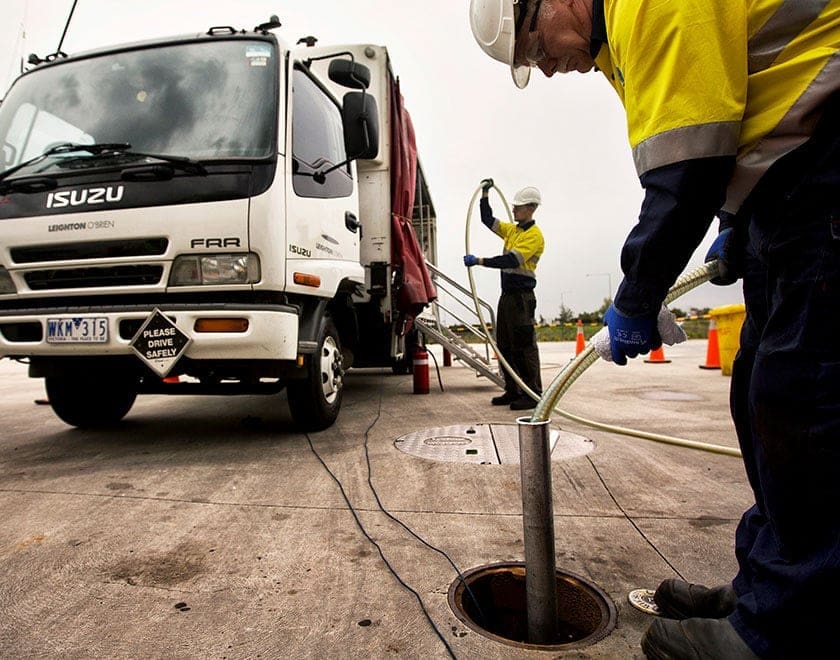
Types of Contaminants in Fuel Tanks
Before diving into the specifics of fuel tank cleaner solutions, it’s important to understand the types of contaminants that can accumulate in your fuel tank:
- Rust: Over time, moisture can accumulate in the fuel tank, leading to the formation of rust. Rust particles can break off and clog the fuel filter and injectors, reducing fuel flow and engine efficiency.
- Dirt and Debris: Small particles of dirt and debris can enter the fuel tank through the fuel filler neck. These particles can settle at the bottom of the tank, causing blockages in the fuel lines.
- Sludge: Sludge is a thick, sticky substance that forms from the breakdown of fuel over time. It can clog the fuel filter, reducing fuel flow and causing the engine to run poorly.
- Water: Water can enter the fuel tank through condensation or contaminated fuel. Water in the fuel tank can cause corrosion and lead to engine misfires.
How Does a Fuel Tank Cleaner Work?
A fuel tank cleaner works by breaking down and dissolving the contaminants inside the fuel tank. The active ingredients in the cleaner target specific types of deposits, such as rust, sludge, and dirt, breaking them down into smaller particles that can be safely expelled through the exhaust system. The cleaner also helps to prevent the formation of new deposits by stabilizing the fuel and protecting the interior of the tank from corrosion.
Benefits of Using a Fuel Tank Cleaner

Regular use of a fuel tank cleaner offers several benefits, including:
- Improved Fuel Efficiency: By removing contaminants from the fuel system, a fuel tank cleaner ensures that fuel flows smoothly to the engine, leading to better combustion and improved fuel efficiency.
- Enhanced Engine Performance: A clean fuel system allows the engine to operate at its optimal level, resulting in smoother acceleration, reduced engine noise, and more responsive throttle.
- Prevention of Costly Repairs: Regular use of a fuel tank cleaner can prevent the buildup of harmful deposits that can lead to expensive repairs, such as replacing the fuel injectors or fuel pump.
- Extended Engine Life: Keeping the fuel system clean helps to reduce wear and tear on the engine, prolonging its lifespan and reducing the likelihood of breakdowns.
- Reduced Emissions: A clean fuel system promotes more complete combustion, reducing the amount of harmful emissions released into the atmosphere.
Types of Fuel Tank Cleaner Solutions
There are several types of fuel tank cleaner solutions available on the market, each designed to address specific types of contaminants and fuel system issues. The most common types include:
1. Fuel Injector Cleaners
Fuel injector cleaners are designed to clean the fuel injectors, which are responsible for delivering fuel to the engine. Over time, fuel injectors can become clogged with deposits, leading to reduced fuel flow and poor engine performance. Fuel tank cleaners that include fuel injector cleaning agents can help to dissolve these deposits, restoring the injectors to their optimal condition.
2. Fuel System Cleaners
Fuel system cleaners are comprehensive solutions that clean the entire fuel system, including the fuel tank, fuel lines, fuel injectors, and combustion chamber. These cleaners are formulated to dissolve a wide range of contaminants, including rust, sludge, and carbon deposits. Regular use of a fuel tank cleaner that doubles as a fuel system cleaner can help to keep the entire fuel system in top condition.
3. Fuel Stabilizers
Fuel stabilizers are additives that help to prevent the degradation of fuel over time. They work by preventing the formation of sludge and varnish, which can clog the fuel system. Fuel tank cleaners that include fuel stabilizers are especially useful for vehicles that are stored for long periods, as they help to maintain the quality of the fuel and prevent the buildup of harmful deposits.
4. Diesel Fuel Tank Cleaners
Diesel engines have different fuel system requirements compared to gasoline engines. Diesel fuel tank cleaners are specifically formulated to address the unique challenges of diesel fuel systems, such as the formation of diesel algae and the higher likelihood of water contamination. These cleaners help to keep the diesel fuel system clean and prevent issues like clogged fuel filters and injectors.
5. Ethanol Fuel Tank Cleaners
Ethanol-blended fuels, such as E10 and E85, are known to cause issues like phase separation and the formation of corrosive deposits. Ethanol fuel tank cleaners are designed to address these issues by preventing phase separation and removing the corrosive deposits that can form in ethanol-blended fuels.
How to Use a Fuel Tank Cleaner?
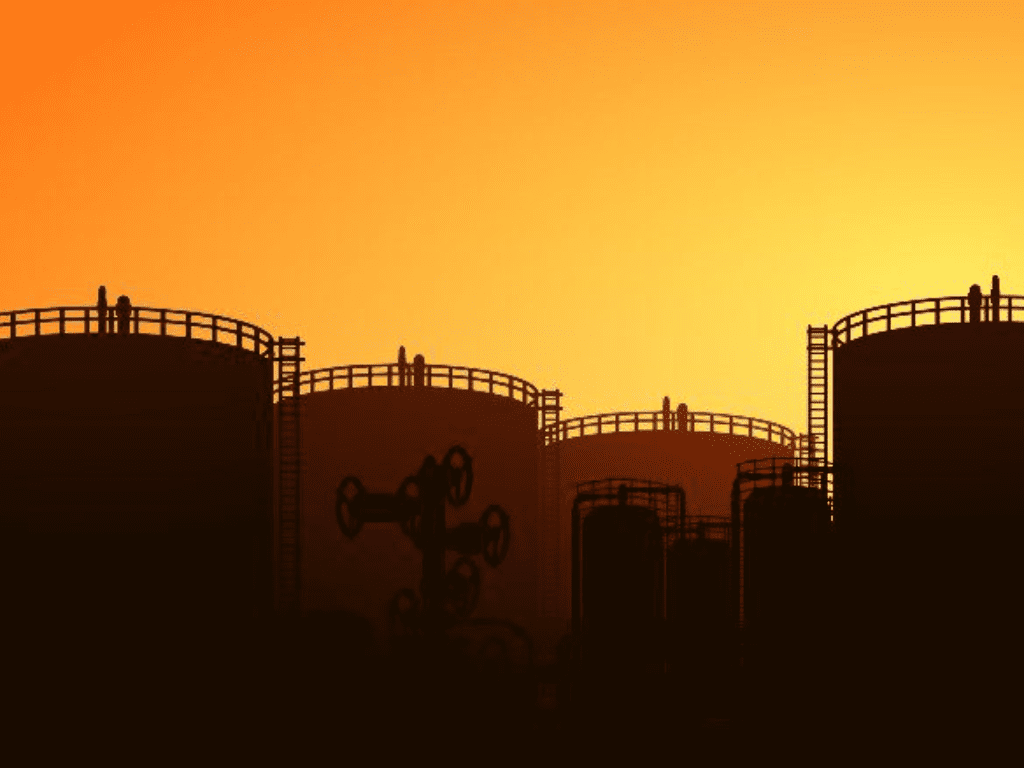
Using a fuel tank cleaner is a relatively simple process, but it’s important to follow the manufacturer’s instructions carefully to achieve the best results. Here’s a step-by-step guide on how to use a fuel tank cleaner:
Step 1: Choose the Right Fuel Tank Cleaner
The first step is to choose the right fuel tank cleaner for your vehicle. Consider the type of fuel your vehicle uses (gasoline or diesel), the specific issues you’re trying to address (such as clogged injectors or rust), and the manufacturer’s recommendations.
Step 2: Add the Cleaner to the Fuel Tank
Most fuel tank cleaners are designed to be added directly to the fuel tank. Make sure the fuel tank is nearly empty before adding the cleaner, as this will allow the cleaner to mix thoroughly with the fuel. Pour the recommended amount of cleaner into the fuel tank, then fill the tank with fuel to ensure proper mixing.
Step 3: Run the Engine
After adding the fuel tank cleaner, start the engine and let it run for a few minutes to allow the cleaner to circulate through the fuel system. For best results, take the vehicle for a drive, as this will help to distribute the cleaner throughout the entire fuel system.
Step 4: Monitor Performance
After using a fuel tank cleaner, monitor the performance of your vehicle. You should notice improvements in fuel efficiency, engine performance, and throttle response. If the issues persist, it may be necessary to repeat the treatment or seek professional help.
Top Fuel Tank Cleaner Products on the Market
With so many fuel tank cleaner products available, it can be challenging to choose the right one. Here are some of the top-rated fuel tank cleaner solutions on the market:
1. Chevron Techron Concentrate Plus Fuel System Cleaner
Chevron Techron Concentrate Plus is one of the most popular fuel tank cleaners on the market. It’s known for its powerful formula that cleans the entire fuel system, including the fuel injectors, intake valves, and combustion chamber. It’s suitable for both gasoline and diesel engines and is effective at removing carbon deposits and improving fuel efficiency.
2. Sea Foam Motor Treatment
Sea Foam Motor Treatment is a versatile fuel tank cleaner that can be used in gasoline, diesel, and ethanol-blended fuels. It’s designed to clean the fuel system, stabilize fuel, and reduce emissions. Sea Foam is particularly effective at removing sludge and varnish, making it a great choice for older vehicles.
3. Lucas Upper Cylinder Lubricant and Injector Cleaner
Lucas Upper Cylinder Lubricant and Injector Cleaner is a fuel tank cleaner that focuses on cleaning the fuel injectors and upper cylinder area. It’s known for its ability to improve fuel efficiency and reduce engine knocking. This cleaner is also safe for use in both gasoline and diesel engines.
4. STA-BIL 360 Protection Ethanol Treatment and Fuel Stabilizer
STA-BIL 360 Protection is an ethanol treatment and fuel stabilizer that doubles as a fuel tank cleaner. It’s specifically designed for vehicles that use ethanol-blended fuels and helps to prevent phase separation, remove water, and clean the entire fuel system. It’s ideal for vehicles that are stored for long periods.
5. Royal Purple Max Clean Fuel System Cleaner
Royal Purple Max Clean is a high-performance fuel tank cleaner that’s designed to clean the entire fuel system, including the fuel injectors, intake valves, and combustion chamber. It’s known for its ability to improve fuel efficiency, restore lost power, and reduce emissions. Royal Purple Max Clean is suitable for both gasoline and diesel engines.
How Often Should You Use a Fuel Tank Cleaner?
The frequency with which you should use a fuel tank cleaner depends on several factors, including the type of fuel you use, the age of your vehicle, and your driving habits. In general, it’s recommended to use a fuel tank cleaner every 3,000 to 5,000 miles or at least once every oil change. For vehicles that are driven infrequently or stored for long periods, it’s a good idea to use a fuel tank cleaner before and after storage to ensure the fuel system remains clean and free of contaminants.
DIY vs. Professional Fuel Tank Cleaning
While using a fuel tank cleaner is an effective way to maintain the cleanliness of your fuel system, there may be situations where professional cleaning is necessary. If your vehicle has severe fuel system issues, such as a heavily clogged fuel filter or injectors, a professional fuel tank cleaning service may be required. Professional cleaning typically involves removing the fuel tank and using specialized equipment to thoroughly clean the interior. This process is more expensive than using a fuel tank cleaner but can be necessary for severe cases.
AQUAQUICK 2000: The Ultimate Fuel Tank Cleaner
AQUAQUICK 2000 is recognized as one of the best fuel tank cleaners available today, thanks to its powerful and eco-friendly formulation. Designed to tackle a wide range of contaminants, this biodegradable solution effectively removes rust, sludge, dirt, and other harmful deposits from your fuel tank, ensuring optimal engine performance and longevity.
One of the standout features of AQUAQUICK 2000 is its versatility. It’s suitable for use in both gasoline and diesel engines, making it an ideal choice for a variety of vehicles, from cars and trucks to boats and heavy machinery. The solution not only cleans the fuel tank but also helps to maintain the entire fuel system, including fuel lines, injectors, and filters, ensuring that your engine runs smoothly and efficiently.
AQUAQUICK 2000’s eco-friendly composition sets it apart from other fuel tank cleaners. It is 100% biodegradable, non-toxic, and non-corrosive, making it safe for both the environment and the user. This cleaner is free from harsh chemicals, ensuring that it won’t damage your vehicle’s components or contribute to environmental pollution.
Using AQUAQUICK 2000 is straightforward and effective. Simply add the recommended amount to your fuel tank, and the solution will go to work, dissolving and removing contaminants as you drive. Regular use of AQUAQUICK 2000 can improve fuel efficiency, enhance engine performance, and prevent costly repairs by keeping your fuel system clean and well-maintained.
In summary, AQUAQUICK 2000 is an exceptional fuel tank cleaner that combines powerful cleaning capabilities with eco-friendly properties, making it the top choice for those seeking to maintain their vehicle’s fuel system in the best possible condition.
Conclusion
Maintaining the cleanliness of your vehicle’s fuel system is crucial for ensuring optimal performance, fuel efficiency, and longevity. A fuel tank cleaner is an essential tool in achieving this goal. By understanding the types of contaminants that can accumulate in your fuel tank and choosing the right fuel tank cleaner for your needs, you can prevent costly repairs, improve engine performance, and extend the life of your vehicle.
Regular use of a fuel tank cleaner should be part of your routine vehicle maintenance. Whether you’re dealing with a specific issue like clogged injectors or simply want to keep your fuel system in top condition, there’s a fuel tank cleaner solution that can help. With the right product and proper usage, you can enjoy the benefits of a clean, efficient, and reliable vehicle for years to come.

